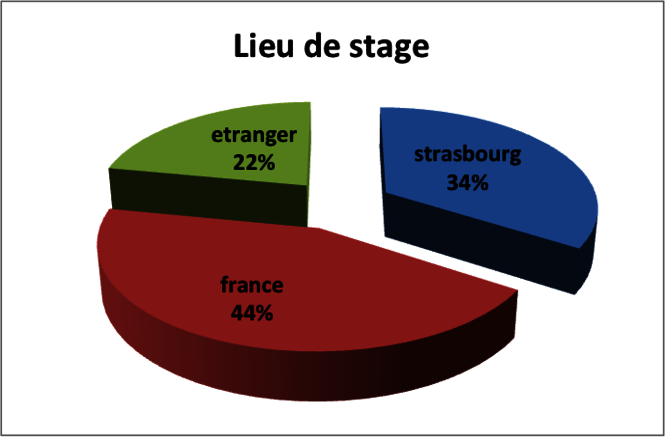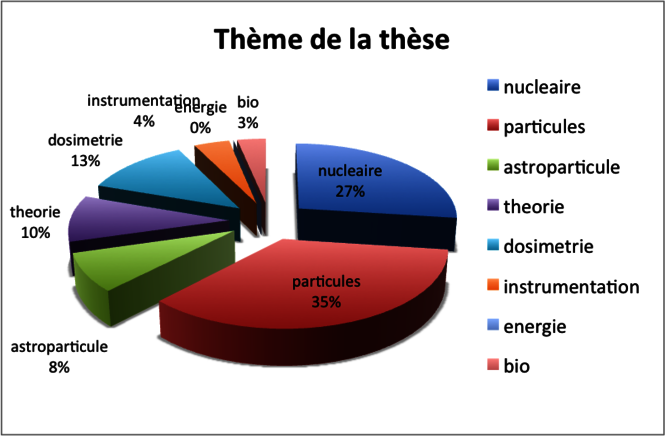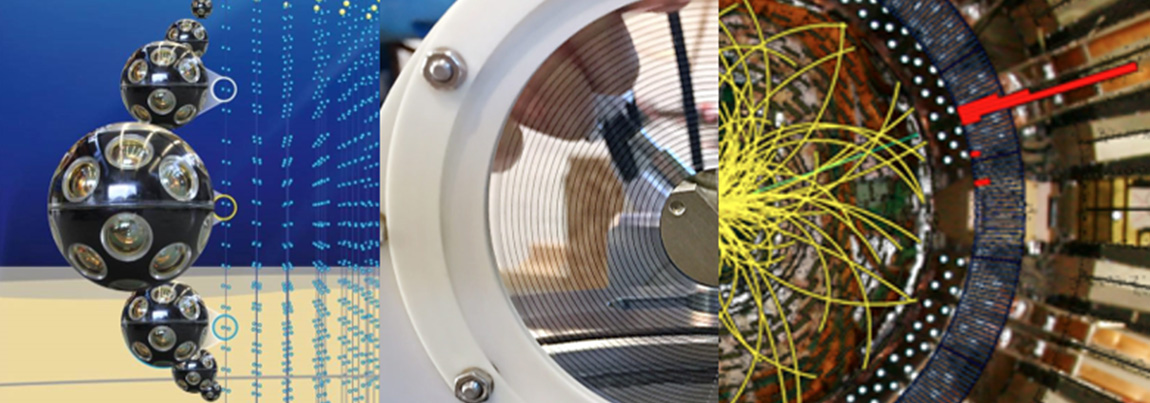Sommaire de la page
M2-SAP (Subatomic and Astroparticle Physics) presentation
News
WARNING : a pre-admission session with lectures is organised from Wednesday 27 to Friday 29 August 2025 from 8:30 to 12:30 in the morning and 14:00 to 17:00 in the afternoon. Although not mandatory, attendance is strongly encouraged (additional information will be sent by email to enrolled students).
Admission procedure for 2026 starts in November 2025 for the semester beginning in September 2026. Consult the admission page.
- Welcome meeting on Monday 1 September 2025 at 9:00 to 12:00 (amphitheatre Grünewald, IPHC building 25), and first lecture in the afternoon.
- For applying to QMat for the semester beginning in September 2026, submit via the online form before February 2026 (All students). A second call specifically for European students will open in April 2026.
Timetable
| General schedule (preliminary for 2025-26) | Link to the M2 SAP Moodle page |
| Seminars planned at IPHC | Seminars planned at the Observatory |
Public URL to the calendar below can be found here
Access
Access to lecture room on Cronenbourg campus
All lectures take place at IPHC on the Cronenbourg Campus. Two rooms are used : one is the Amphitheatre Grünewald located in the building 25 ; the other one is room 130 at the groundfloor of building 26 which is directly connected to building 20. You can ask for direction at welcome desk on the main campus building. You can find below a general map indicating the way.
Student project
After the 1st semester lectures focused on knowledge and before the master thesis, the 2nd semester starts with projects to strenghten scientific and technical skills. Students benefit from a rich choice of possibilities listed below .
Projects are evaluated by a panel of scientists in a similar way as the future master thesis. A short 2-page report is expected in the format of a standard scientific publication. Then students defend their projects for 15’ in front of the committee, after which 15’ of questions follow.
- Solving a physics problem with computing (TIPP) By group of two, students receive a simplified problem related to a research topic conducted in one of the IPHC groups. The game is to solve the problem with a computer program written from scratch and inspired by the statistical data analysis lecture. The program is elaborated from scratch, based on the tools seen during the first semester : ROOT, PYTHON, possibly GEANT4.
The project span over 3-4 weeks and students are followed by a tutor for technical help. Results are then discussed with the research group and summarized in the form of a short scientific paper followed by a defense.
- Performing a real subatomic experiment (EX2) Thanks to the Excellence Initiative of the University of Strasbourg, various advanced experimental platforms allow students to perform real subatomic experiment on a small scale, under the supervision of a research group at IPHC. These platforms feature state-of-the-art detectors used for research. For a list, consult the EX2 site
Within 3 to 4 weeks, each student group should elaborate and conduct their experiment, analyse the data and obtain the measurement a physical observable. In addition, a partial or complete simulation of the experiment might be implemented to allow a robust data interpretation. Results are then discussed with the research group and summarized in the form of a short scientific paper followed by a defense.
Exam : 2-page paper and oral defense
- QMAT Graduate School project For QMAT students, initiative proposed in the context of the Graduate School (experimental projects, new lectures, schools, ...) can be validated.
Exam : 2-page paper and oral defense
- European School in Instrumentation (ESIPAP) ESIPAP is a European school proposed advanced lectures on instrumentation for particle and astroparticle physics with specialists of the fields and hands-on practice at CERN.
if the ESIPAP school is open during the academic year, Students might participate to the first module with other master students from all over Europe, instead of taking part to a project.
Course details on the ESIPAP page.
Exam : follows the examination rules of the ESIPAP school
Internship and thesis


The internship or master thesis is an essential part of the graduation process, allowing all students to have their first research experience. About 65% of our students continue with a PhD thesis.
Students can pick various thematic and locations for their internships and thesis. This is a distribution of their choices over the past ten years (see also the map below) :
- Internships and thesis IPHC :
Each year, the lab hosting the M2-SAP propose a dozen of internships and thesis. Past and current subjects can be consulted on this dedicated page.
- Proposals outside Strasbourg :
The list of all external proposals and research labs in France and abroad is updated in the private site accessible to our student on Moodle.
Careers and alumni
The M2-SAP has a long history dating back from the 20th century, in the last ten years about 150 students graduated. Our alumni formed a group on the Linkedin network, from which you will extract valuable contacts and information for your future career.
